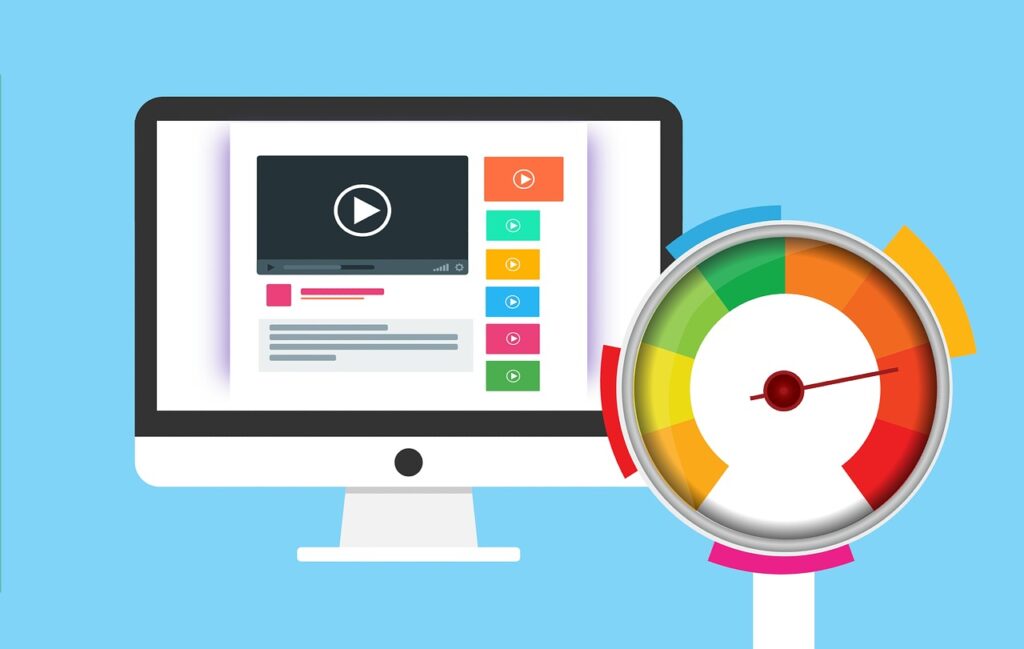HPC, or high-performance computing, has found its way into many different industries with unique needs and requirements. From finance to automotive engineering to weather forecasting, here are a few notable examples of businesses that have used HPC technology to stay ahead of their rivals and rescale their operations.

Post Contents
What is HPC and what industries make use of it?
HPC, or high-performance computing, is a term used to describe the use of advanced computer systems and software to achieve higher levels of efficiency and speed when performing data-intensive tasks. While this technology was initially developed for use in science and academia, it has since found its way into many different industries, each with its unique needs and requirements. You can find multiple examples of such applications by visiting Rescale.
Some of the most notable examples include the financial services industry, which uses HPC technology to handle large volumes of complex data at high speeds to make more accurate decisions about risk management, trading strategies, and investment portfolios.
Another industry that relies heavily on HPC is automotive engineering. This sector uses high-performance computing systems for tasks such as simulating crash tests, assessing the durability of new car models, and optimizing vehicle performance.
Finally, we must remember weather forecasting and climate research. These fields rely heavily on HPC systems to run sophisticated modeling activities that help predict changes in our environment over time.
As these examples demonstrate, businesses across a wide range of industries are leveraging the power of high-performance computing technology to gain a competitive advantage and stay ahead of the curve. Whether looking to improve risk management, optimize product design, or forecast future trends, HPC is an invaluable tool that should be considered.
How does HPC benefit these industries, and what are the benefits for consumers/users?
One of the critical benefits that HPC offers to industries like finance, automotive engineering, and weather forecasting is its ability to handle large volumes of complex data at high speeds. It allows businesses in these sectors to make more accurate decisions about risk management, product design, and other critical activities.
In addition, HPC systems also benefit consumers by improving the quality, safety, and performance of products and services across a wide range of industries. Whether it’s a self-driving car or a new forecast model for predicting climate change, there are countless examples where advancements in HPC technology can positively impact our daily lives.
As we continue to see rapid advancements in HPC technology and computing power, it will be interesting to see how industries continue to leverage these tools in new and innovative ways. Whether you’re a business leader, consumer, or researcher, it’s clear that the benefits of high-performance computing are here to stay.
Are there any potential drawbacks to using HPC in these industries, and if so, what are they?
While there are many benefits to using HPC systems in these industries, it’s essential to recognize that there can also be some drawbacks. For example, these systems’ high cost and complexity can make them difficult for smaller businesses or startups to access and utilize effectively.
Additionally, a lack of qualified experts and specialized training programs may present additional challenges when it comes to managing and maintaining these systems over time.
That said, as more organizations become aware of HPC technology’s benefits, we will likely see increased investments in this area moving forward.
Ultimately, it will be up to industry leaders, academics, and policymakers to work together to ensure that we have the necessary skills and resources to maintain our competitive edge as a society.
What trends do you see emerging in using HPC in these industries, and how will this impact consumers/users in the future?
There are several trends that we are seeing emerge in the use of HPC technology across these industries. One key trend is the increasing focus on applications related to artificial intelligence and machine learning, which require powerful computing capabilities to run sophisticated algorithms effectively.
At the same time, we are also seeing growing interest in emerging technologies such as cloud computing, edge computing, and quantum computing, all of which can enhance the performance and scalability of HPC systems in new ways.
It will be interesting to see how these trends continue to shape the future of high-performance computing and its impact on consumers and users worldwide. Whether it’s improved data analytics for financial services or faster weather forecasts for farmers, many exciting possibilities are on the horizon.
Conclusion
High-performance computing is a powerful tool that has the potential to benefit a wide range of industries. From finance and automotive engineering to healthcare and weather forecasting, there are countless ways in which HPC can be used to improve risk management, optimize product design, and enhance performance overall. However, as with any emerging technology, some challenges are associated with its use. With continued investment from businesses and organizations across various sectors, we can look forward to evening more exciting advancements in the years ahead.